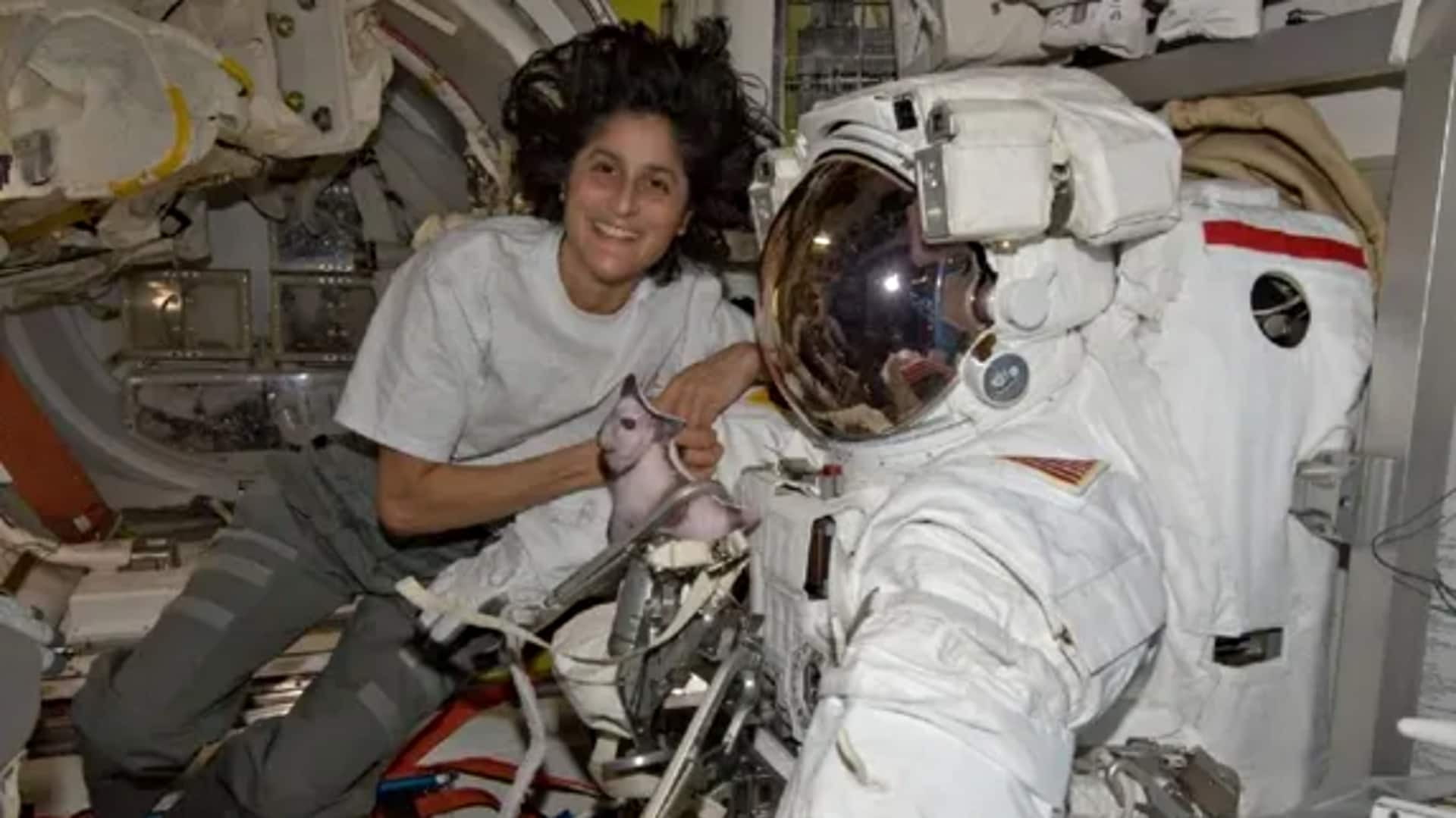
Sunita Williams still stuck in space, but highlights 'good feeling'
What's the story
NASA astronauts Sunita Williams and Barry E. Wilmore, stationed on the International Space Station (ISS) since June 6, 2024, are awaiting their return to Earth. Despite all the setbacks, both astronauts expressed confidence in a safe return during a live press call from the ISS. "We're absolutely confident," said mission commander Wilmore, with Williams adding, "I have a real good feeling in my heart that the spacecraft will bring us home, no problem."
Return timeline
Late July return anticipated for stranded astronauts
The astronauts' ISS stay was extended due to technical issues with the Boeing Starliner spacecraft, including thruster malfunctions and helium leaks. While no specific return date has been set, NASA is optimistically eyeing a late July return for Williams and Wilmore. "Some of the data suggests optimistically, maybe it's by the end of July, but we'll just follow the data each step at a time," said Steve Stich, NASA's Commercial Crew Program Manager.
ISS duties
They continue duties amid Starliner's technical troubles
Despite the delay, Williams and Wilmore have remained busy aboard the ISS. The astronauts continue to perform tasks and conduct experiments aboard the ISS. Their tasks include changing out the pump on a machine that processes urine back into drinking water, and conducting science experiments like gene sequencing in microgravity. Additionally, they've tested Starliner as a "safe haven" vehicle in case of problems aboard the ISS, ensuring their safety while awaiting their return to Earth.
Troubleshooting
Engineering teams work to resolve Starliner's technical issues
Before the astronauts can return, engineering teams are running simulations of similar thrusters and helium seals on the ground. This is to better understand and address the technical issues that Starliner experienced. Despite these challenges, NASA and Boeing maintain that Starliner could fly home in an emergency as only certain thrusters controlling orientation were affected.